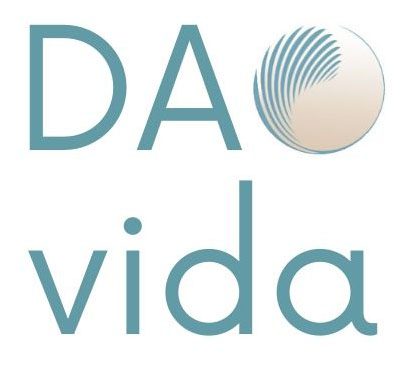Aligning with Your Menstrual Cycle: A Traditional Chinese Medicine Perspective
In the world of Chinese Medicine, the menstrual cycle is viewed as a reflection of the body’s overall health and energetic balance. TCM recognizes that each phase of the cycle corresponds to different organ systems and elements, and by aligning with these natural rhythms, we can support our well-being, hormonal balance, and vitality. Let’s explore how to work in harmony with each phase of the cycle using TCM principles.
Phase 1: Menstrual Phase (Days 1–5) – Letting Go
In TCM, menstruation is the time when the body sheds the uterine lining, requiring proper Blood flow and Qi movement. The Liver and Spleen play a vital role in regulating the smooth movement of Blood.
TCM Focus: Move Qi, nourish Blood, and avoid stagnation.
Best Practices:
- Eat warm, blood-nourishing foods such as soups, stews, red dates, and beets.
- Avoid cold and raw foods, which can constrict blood vessels and cause stagnation.
- Use moxibustion or warm packs on the lower abdomen to support circulation.
- Practice gentle movement such as yin yoga or walking to keep Qi flowing.
- Try herbal teas with Angelica sinensis (Dang Gui) and goji berries to nourish Blood.
Phase 2: Follicular Phase (Days 6–14) – Nourishing Yin
This phase, which follows menstruation, is a time of renewal. The body focuses on rebuilding Blood and Yin in preparation for ovulation. TCM sees Yin as the cooling, moistening force that supports fertility and deep nourishment.
TCM Focus: Replenish Yin and Blood.
Best Practices:
- Eat Yin-nourishing foods like bone broth, fish, eggs, seaweed, and leafy greens.
- Stay hydrated with herbal teas, such as white peony (Bai Shao) and he shou wu.
- Engage in moderate exercise like Tai Chi or gentle stretching.
- Get ample sleep to allow the body to rebuild Yin reserves.
Phase 3: Ovulatory Phase (Days 14–18) – Activating Yang
Ovulation marks the transition from Yin to Yang energy. The body requires warmth and robust Qi to ensure a healthy release of the egg and potential implantation.
TCM Focus: Boost Qi and activate Yang.
Best Practices:
- Eat warm, Qi-moving foods, such as ginger, cinnamon, cooked root vegetables, and lean proteins.
- Support the Liver with Xiao Yao San (Free and Easy Wanderer) if stress is present.
- Incorporate light cardio and movement to aid circulation.
- Try acupressure on ST36 (Zusanli) and CV4 (Guanyuan) to support fertility and digestion.
Phase 4: Luteal Phase (Days 19–28) – Supporting Qi & Emotional Balance
During the luteal phase, Qi and Blood are directed toward maintaining the uterine lining. If Liver Qi stagnation or Spleen Qi deficiency is present, PMS symptoms like bloating, irritability, and cravings may arise.
TCM Focus: Strengthen Qi, soothe the Liver, and calm the mind.
Best Practices:
- Eat warm, grounding foods such as pumpkin, lentils, walnuts, and turmeric.
- Reduce caffeine, alcohol, and excessive sugar, which can exacerbate Liver Qi stagnation.
- Drink herbal teas with ginger, licorice root, or Xiao Yao San to support mood balance.
- Prioritize restorative practices such as acupuncture, meditation, and deep breathing.
- Use acupressure on LV3 (Taichong) and PC6 (Neiguan) to relieve stress and aid digestion.
Final Thoughts: Living in Harmony with Your Cycle
By tuning into the natural rhythms of your menstrual cycle and aligning with TCM principles, you can cultivate better health, emotional stability, and hormonal balance. The key is to listen to your body’s cues and adjust your diet, lifestyle, and self-care practices accordingly. Over time, this approach can lead to a smoother, more harmonious cycle and improved well-being.
Would you like a deeper dive into specific symptoms or diet tailored to your needs? Get in touch today!


